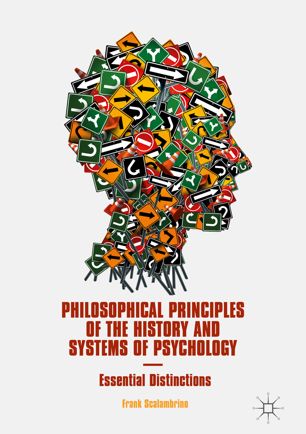

Most ebook files are in PDF format, so you can easily read them using various software such as Foxit Reader or directly on the Google Chrome browser.
Some ebook files are released by publishers in other formats such as .awz, .mobi, .epub, .fb2, etc. You may need to install specific software to read these formats on mobile/PC, such as Calibre.
Please read the tutorial at this link: https://ebookbell.com/faq
We offer FREE conversion to the popular formats you request; however, this may take some time. Therefore, right after payment, please email us, and we will try to provide the service as quickly as possible.
For some exceptional file formats or broken links (if any), please refrain from opening any disputes. Instead, email us first, and we will try to assist within a maximum of 6 hours.
EbookBell Team

0.0
0 reviewsTaking philosophical principles as a point of departure, this book provides essential distinctions for thinking through the history and systems of Western psychology. The book is concisely designed to help readers navigate through the length and complexity found in history of psychology textbooks. From Plato to beyond Post-Modernism, the author examines the choices and commitments made by theorists and practitioners of psychology and discusses the philosophical thinking from which they stem. What kind of science is psychology? Is structure, function, or methodology foremost in determining psychology's subject matter? Psychology, as the behaviorist views it, is not the same as the psychoanalyst's view of it, or the existentialist's, so how may contemporary psychology philosophically-sustain both pluralism and incommensurability? This book will be of great value to students and scholars of the history of psychology.